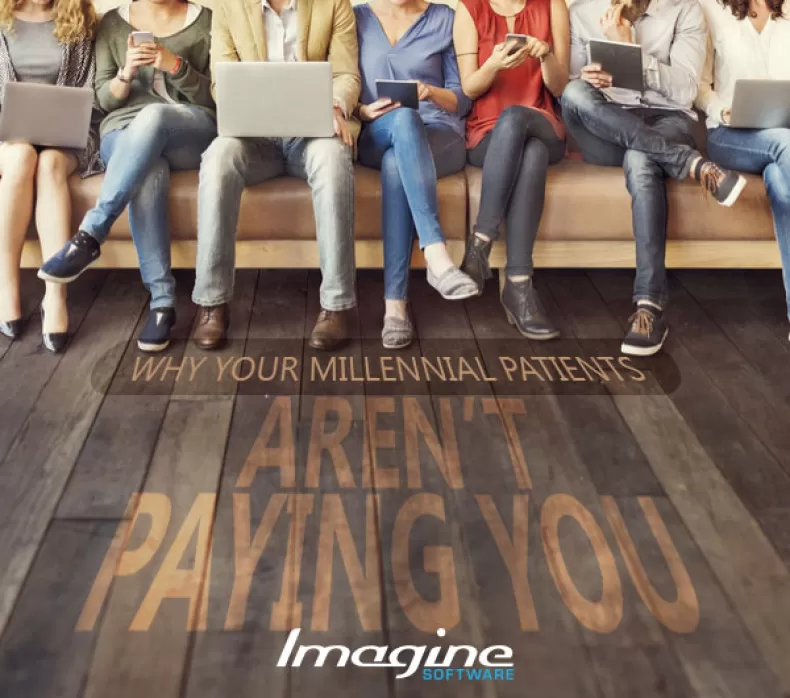It wasn't that long ago that I was a stressed out patient with a mountain of medical debt and no end in sight. Unfortunately for both me and the hospital, I was never given a payment plan option. Had I been given multiple payment options, they would have gotten paid much quicker and I would have been a much happier patient.

“Oh, I see you have a balance,” explained the lady at the front desk. My heart dropped to the floor knowing I had less than $200 in my checking account and had just transferred funds once again from my savings. The sweat started flowing, the anxiety bubbling up, and it was all that I could do to keep a calm face and act surprised. “Oh really?” I questioned, knowing very well that it was left over from that long hospital stay after becoming deathly ill from eating a raw oyster of all things.
She must have noticed the worried look on my face. “Don’t worry, you can pay that later,” she said. The relief washed over me. With those few words, the sweet front desk lady made multiple mistakes:
- She never told me the balanced owed
- I wasn't given payment options
- She showed absolutely no sense of urgency
- I assumed I couldn't pay
This whole scenario had me wondering- how many front desk and back office staff members let patients skip away with no expectation for them to pay their balance? Could this be one of the reasons medical practices are writing off so much of patient responsibility? I’m all about improving the patient experience, but there must be a time when patients are expected to pay their bills, right?
If your patients' payment experience isn't an integral part of your billing process, it should be.
Billing staff must be educated often about discussing payment options with patients and should be giving patients every opportunity available to pay their bill. If you don’t have multiple payment methods and tools available, you need to rethink your collection strategy.
Patients Want Payment Options
While writing checks seems like a more archaic form of payment in today’s digital (PayPal/Venmo) world. Surprisingly, I still hear of medical practices who only accept checks. These practices would rather not give up the small percentage that it costs for the merchant processing than to offer their patient’s an easier way to pay. If you are only allowing check payments, you are letting money walk out your door. I personally can’t tell you where my checkbook is currently hiding. While many Americans (especially the elderly population) are still relying on using checks, digital forms of payment are becoming more popular among millennials.
Meet the Millennials: A survey of over 1,895 millennial patients in March 2018:
- By 2019 millennials will be 72 million strong and outnumber baby boomers
- Nearly 3 out of 4 millennials (73%) that walk through a healthcare provider's door are already in debt
- Two-thirds (67%) are concerned about their ability to pay a bill over $1,000
- 71% are interested in no-interest financing for a bill below $1,000, and 72% said it was important for their provider to discuss financing options with them
- Only about 14% reported receiving a no low-interest financing option
Don't stop at just allowing checks and credit cards. Think about offering a no interest payment plan option like HonorCare®. This will not only help increase and expedite your patient payments, but will also improve your patient experience, because you are giving them the tool they need to pay their medical bill.
Take advantage of payment technologies. Think about converting from paper to electronic statements, electronic receipts, card-on-file capabilities, an online payment portal such as ImaginePayTM, and flexible payment plan options. Allowing patients to set up automatic payments reduces anxiety caused by multiple bills piling up, reduces the amount of paper mail coming to them, and reduces the cost it takes you to actually get those patient payments.
Source: HealthFirst Financial “Meet the Millennials” Survey conducted by NBC News/GenForward University of Chicago